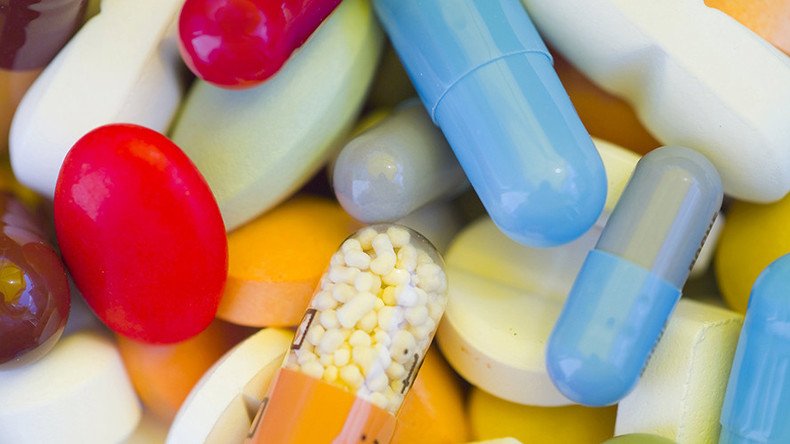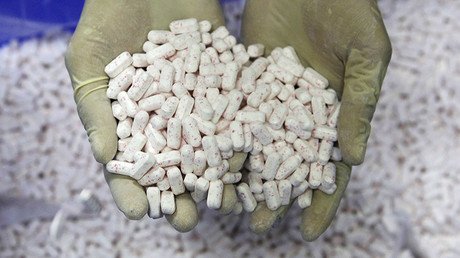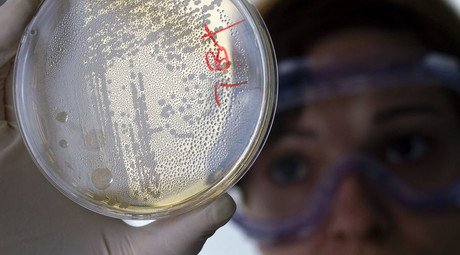World must act or risk ‘post-antibiotic apocalypse’ – top doctor

England’s chief medical officer has warned of a “post-antibiotic apocalypse,” calling on world leaders to address the growing threat of drug-resistant infections.
Ahead of a global conference in Berlin organized by the UK government to map out the threat of drug resistance, Professor Dame Sally Davies cautioned against giving patients antibiotics they “don’t need,” as the drugs will lose their effectiveness and “spell the end of modern medicine.”
She warned that the threat of infections posed by antimicrobial resistance (AMR) heightens the risk of carrying out operations such as caesarean sections and hip replacements.
“We really are facing, if we don’t take action now, a dreadful post-antibiotic apocalypse,” she said.
“I don’t want to say to my children that I didn’t do my best to protect them and their children.”
Around 700,000 people around the world die annually due to drug-resistant infections including tuberculosis (TB), HIV and malaria.
If no action is taken, it has been estimated that drug-resistant infections will kill 10 million people per year by 2050.
“This is a serious issue that is with us now, causing deaths.
“If it was anything else people would be up in arms about it. But because it is hidden they just let it pass.
“It does not really have a ‘face’ because most people who die of drug resistant infections, their families just think they died of an uncontrolled infection.
“It will only get worse unless we take strong action everywhere across the globe.
“We need some real work on the ground to make a difference or we risk the end of modern medicine,” Davies added.
She also debunked the assumption held by patients that GPs will not prescribe antibiotics because they are “mean.” They are in fact “trying to save the drugs, so that they work when they are actually needed.”
While in the UK, one in four antibiotic prescriptions is not needed, Davis said “other countries use vastly more antibiotics in the community and they need to start doing as we are, which is reducing usage,” she said.
“Our latest data shows that we have reduced human consumption by 4.3 percent in 2014-15 from the year before.”
The new project which will map the spread of superbugs is a collaboration between the UK Government, Wellcome Trust, Bill and Melinda Gates Foundation, the University of Oxford, and Institute for Health Metrics and Evaluation.














